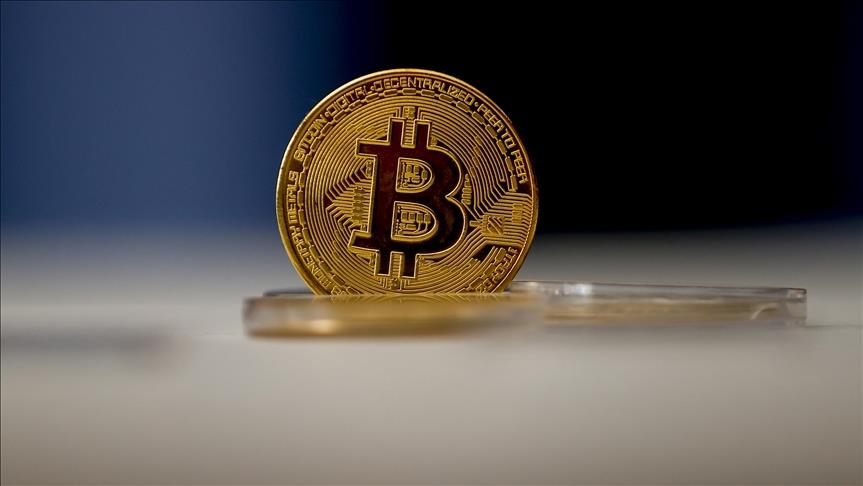on the crypto

"No international organization will make us do anything, anything," said Treasury Minister Alejandro Zelaya, adding on a local television station that Bitcoin as fiat currency is a matter of sovereignty for El Salvador.
Zelaya's response is the latest in a series of squabbles between the Salvadoran government - led by president and Bitcoin supporter Nayib Bukele - and the IMF.
El Salvador and the IMF
The tense relationship between El Salvador and the IMF began last summer when the international organization said the country's Bitcoin embrace raised "a number of macroeconomic, financial and legal issues."
“Cryptocurrencies can carry significant risks and effective regulatory measures are very important when it comes to them,” added IMF spokesman Gerry Rice.
Despite the position of the IMF, El Salvador has moved forward with Bukele's plan adopt Bitcoin as legal currency, which happened in September 2021.
As El Salvador entered September 2021, the country's Congress approved a $ 150 million fund that was designed to help facilitate transactions between the US dollar - El Salvador's other legal tender - and Bitcoin.
Again, the IMF was not impressed
“Privately issued cryptocurrencies such as Bitcoin carry substantial risks. Making them equivalent to a national currency is an inadvisable shortcut, ”tweeted the IMF reiterating its original shared stance earlier this summer.
Just earlier this month, the IMF raised the El Savador-Bitcoin flag for the third time, arguing that adopting Bitcoin as fiat currency "carries great risks to financial and market integrity, financial stability and security. of consumers. It can also create contingent liabilities ”.
This third warning came amid fears that El Salvador's Bitcoin purchases add unwanted risk to the country's already troubling sovereign credit prospects.
What do Salvadorans think?
The revolution is one of the historical ones, which inevitably cannot make everyone agree. So while some Salvadorans are happy with their president's move, others are very unhappy. What will happen from here on out, only time will tell. We will see if other countries follow El Salvador's policy and what real benefits they can derive from it. If you want to let us know what you think on this matter, write us in the comments section below.
